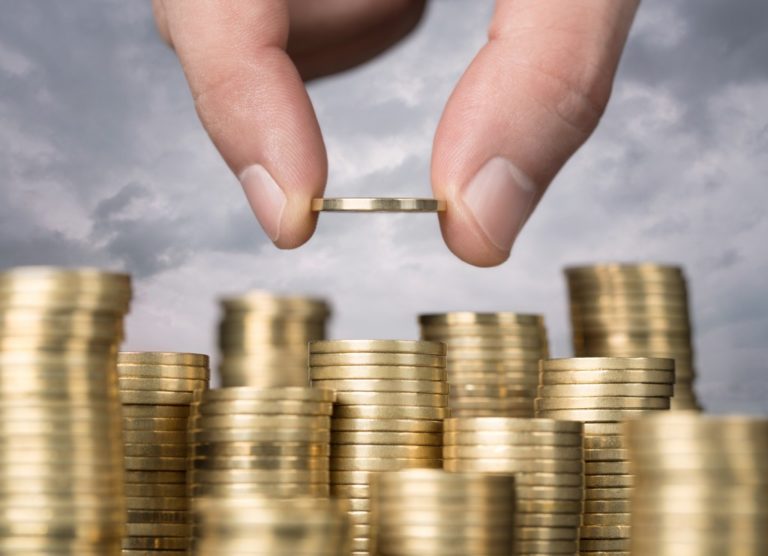The effects of the pandemic have been felt around the world, down to the last individual. For many, the upheaval has been particularly devastating in terms of financial stability. Millions of jobs have been lost, and businesses closed.
What makes this scenario even more tragic is the fact that it was not inevitable or unforeseen. Experts had warned about the risks in years past. But because they were systemic or ‘ruin problems,’ no significant action was taken.
We’ve all been in varying degrees of survival mode during the past year-plus: working remotely, observing social distancing, avoiding non-essential travel, operating on a budget like never before. But as individuals, we need to fix our own systemic financial problems.
Otherwise, the next crisis (and they will keep on coming) can just as easily send us into a tailspin once again.
Never be over-leveraged
Try to recall memories of the world shortly before 2020. You could travel freely, and buy products from all over the world. You might have had to go to the office, maybe in a completely different job than what you’re working now.
The economy was booming. We had seen steady growth since the Great Recession. Some naysayers were forecasting a recession even before the word ‘coronavirus’ entered the popular lexicon. But most felt that continued optimism was justified.
When times are good, it feels safe to over-leverage. People take on debt, feeling that their future income is assured. Businesses go all-in on just-in-time supply chains, ditching excess inventory, sourcing exclusively from the most efficient suppliers worldwide.
A disruption like the pandemic throws all those assumptions out the window. People and businesses suddenly find that they’ve neglected to fill and maintain their buffer tanks in the financial sense.
In effect, you get caught with your pants down. You might own assets, but how liquid are they? The process of selling things like jewelry, or a house, might not in itself be difficult, but the timing is rarely good when your personal need is dire. Urgency deprives you of the upper hand, forcing you to pull out at a loss.

80/20 is a golden rule
Business leaders, economists, and investors should be familiar with the Pareto principle. It states that 80% of your results will come from 20% of your efforts. And this has never been more relevant than in modern times of uncertainty.
Maybe you already have experience investing in a certain class of assets: shares of stock, or treasury bonds, for instance. If so, you’re well aware of the difference in potential ROI between those two.
Historically, investing in the stock market yields an average return of 8-10%. Bonds, on the other hand, average 4-6% while locking you in long-term. Sure, everybody hears stories about how volatile the stock market can be, but don’t the numbers speak for themselves?
The truth is, if you feel compelled to choose between one or the other, you’re probably framing the question incorrectly. You need both. It’s a matter of how much you invest in one versus the other.
Naturally, this consideration isn’t just limited to stocks versus bonds. It can cover real estate, commodities, funds, or cryptocurrencies. Remember the 80/20 rule. Put the bulk of your money in low-risk investments to offset the potential risk of more volatile ones.
Overconfidence leads to ruin
Many factors contributed to the devastating impact and scope of Covid-19 on our lives. But they can be summed up in one problem statement.
People felt that carrying on with ‘business as usual’ could be sustained indefinitely, even as it became evident that our systems needed to change.
Collectively, our governments and the societies they served became overconfident and complacent. They developed a model for how the world works and became myopic through its exclusive use.
You can ill-afford to make that same mistake in managing your finances. It’s that sort of overconfidence that leads to bad decisions, a lack of preparation and emergency funds, and inadequate response when a crisis does happen.
Someday, hopefully soon, the pandemic will be lifted, and our economy will boom again. That’s no time to let your guard down.
You need to continuously revisit your assumptions and treat your financial approach as something not set in stone but as an organic, ever-evolving plan.
You may have learned how to live frugally through these times. Not only should those lessons be retained, but you have to keep your mind open to new insights. Never assume you know everything or that you can guarantee your fortunes.
It might not be easy and will definitely be uncomfortable at times, but at least you won’t risk crashing and losing it all.


